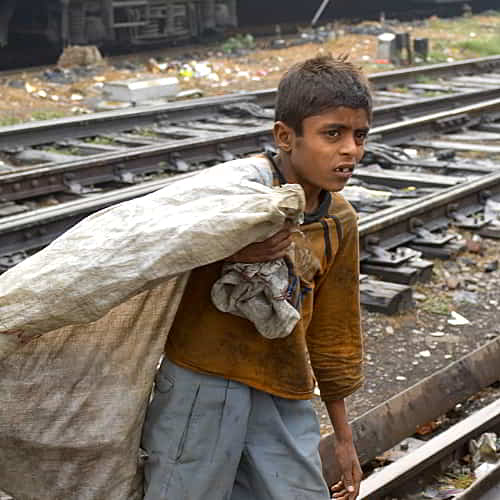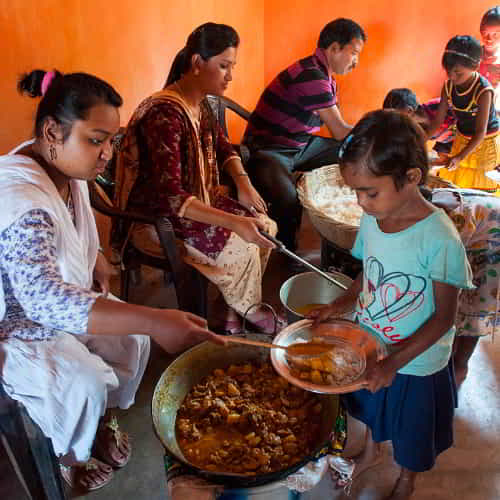The Effects of Poverty on Children
The effects of poverty on children include poor physical thriving, reduced or no education, child labor and possible violence.[1] Children are very vulnerable because many are left alone while their parents try to work.
Children International reports, “For children in poverty, childhood is a series of setbacks that never allows them to get ahead or envision a better future. Life doesn’t come with guarantees like medical treatment for illnesses, having shoes to wear to school and getting an education. Negative early experiences impact a child’s ability to grow, leaving them trapped in a cycle of poverty.”[2]
It is not simply about not having enough to eat, which is what we often think of first―a difficult circumstance, to be sure. But in deep places of poverty, it goes beyond hunger.
A specialist with the American Psychological Association writes, “Poverty means deprivation for children, but, of course, this is an oversimplification. Poverty affects children in many ways. It impacts them in the moment, and across time. That is, children at every age and developmental stage are impacted by impoverished environments, and those impacts build upon one another and continue across time.”[3]
All of these effects are heartbreaking, but GFA has a proven way to help children gripped by poverty. GFA’s Child Sponsorship Program has shown time and again how to help children escape these cycles that are so destructive both to them and to the generations after them.
One sponsorship at just $35 a month can help release children from the cycle of no money-no school-no future. The program not only makes sure that a child’s school fees are paid but that they have the supplies they need. After school, they receive care and support from GFA workers, who also provide them with regular nutritious food. The children have access to clean water, toiletries and more.
Click here, to read more about this article.
Click here, to read more blogs in Gospel for Asia.Org


Comments
Post a Comment